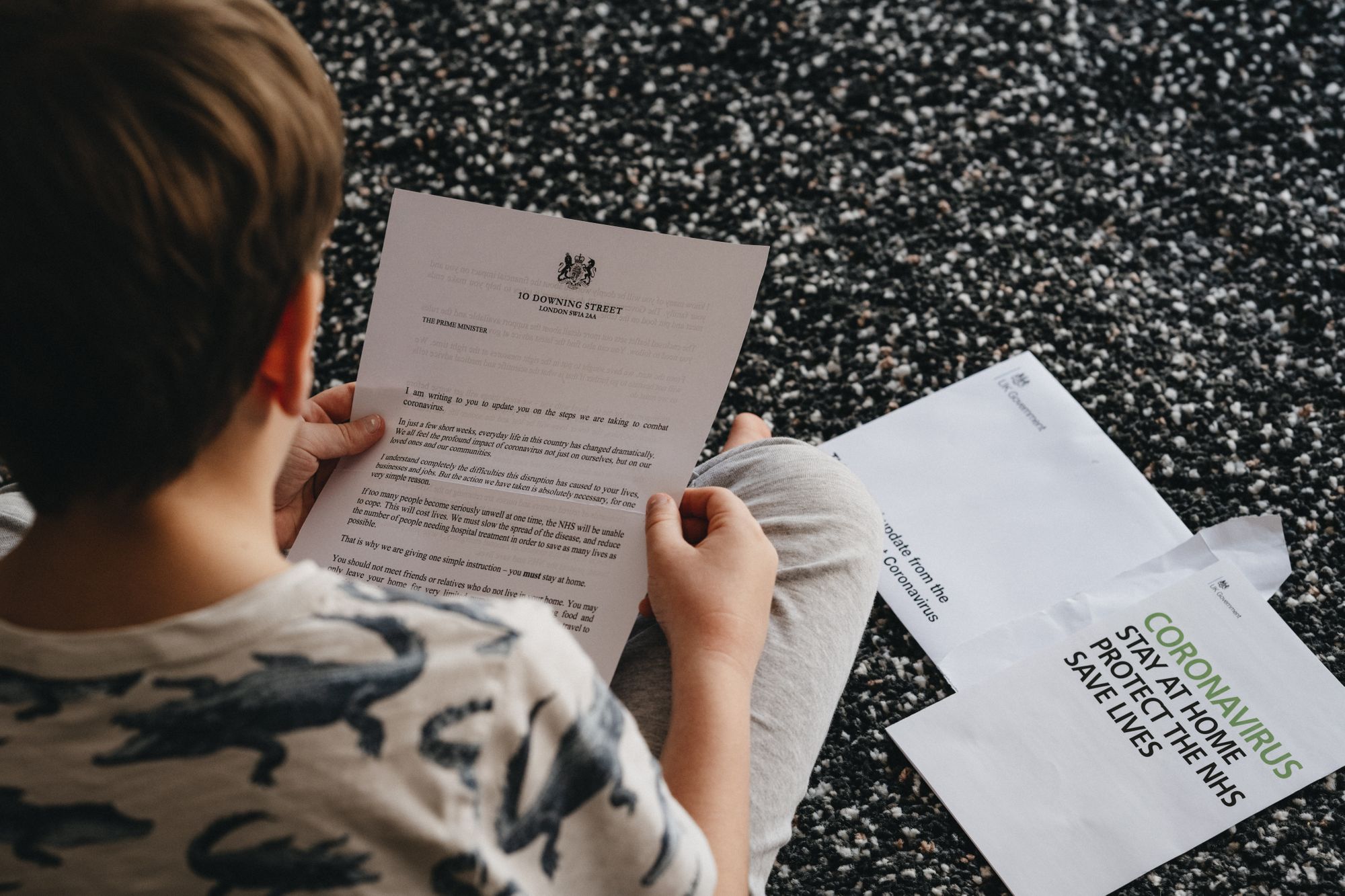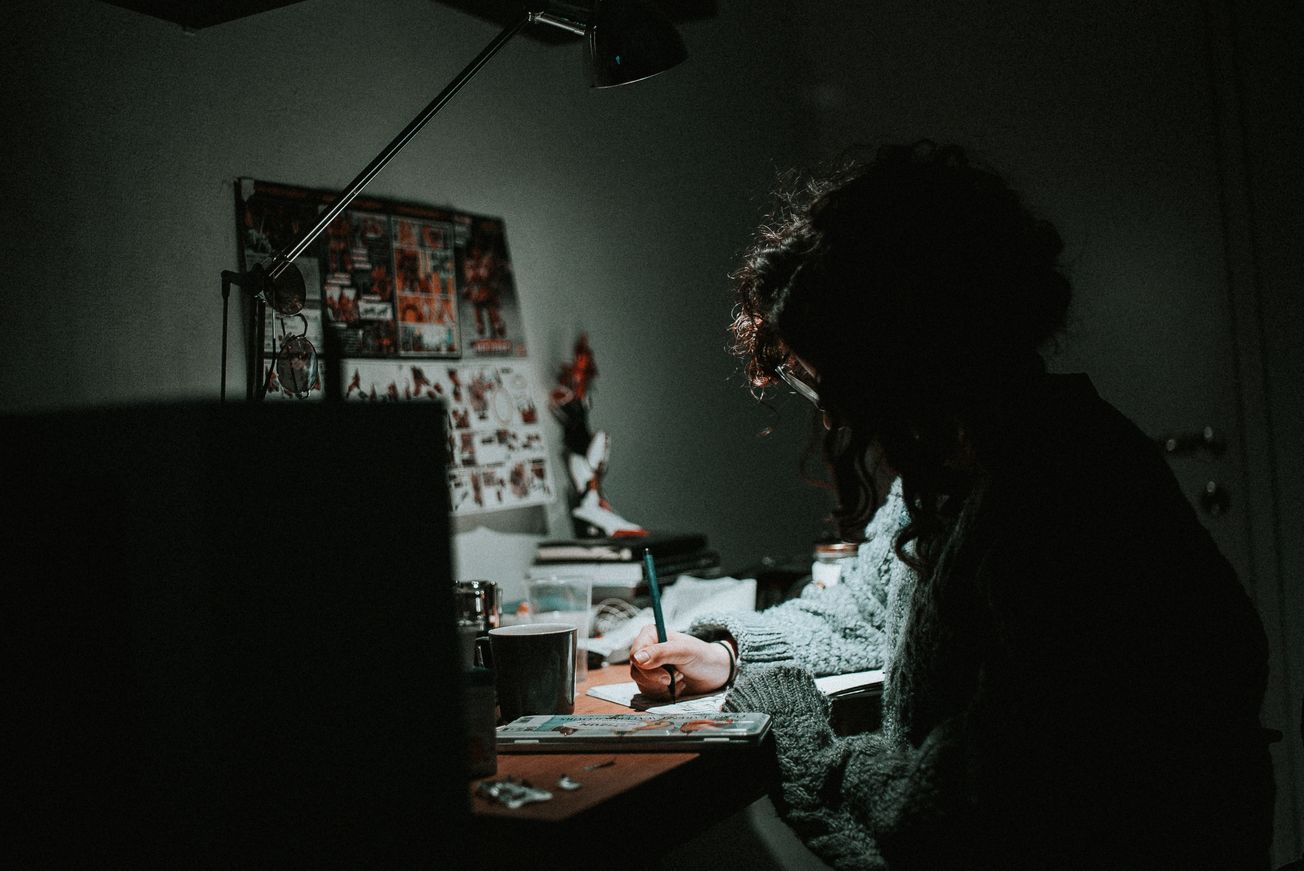By Katherine Skipper, Second year, Physics PhD
A report by Bristol researchers, which indicates significant improvements to young people’s anxiety during lockdown, may not be representative of the teenage population.
The University of Bristol research articles in the BBC, ITV and Evening Standard have all reported that, surprisingly, teenagers became less anxious during lockdown. However, such broad statements should be treated with caution given the scope of the project.
The study, which was compiled for the NIHR Research School for Public Health Research, asked over one thousand 13 to 14-year olds, who were part of an ongoing study on mental health, to complete an additional survey during lockdown. The results were compared to answers they had provided to similar questions the previous October.
On average, the students who completed the second survey had become less anxious, with the percentage meeting the diagnostic criteria for a possible anxiety disorder falling from 54% to 45% in girls and from 26% to 18% in boys. Describing this as a ‘Big surprise’, lead researcher Emily Widnall, commented that ‘With the whole world in the grip of a devastating pandemic … the natural expectation would be to see an increase in anxiety.’

Nevertheless, generalised conclusions based on these figures may be misleading, as the 800 students who provided the lockdown data represent only about a third of those originally recruited to the study. This is likely due to the second survey being completed at home instead of in school, making it more difficult to chase up non-respondents.
It has been repeatedly shown that people with poor mental and physical health are less likely to voluntarily complete surveys. This bias must be considered when evaluating research. It may be that the students who did not complete the second survey did so because their mental health had worsened during lockdown, thus possibly skewing the results.
The report compares the dropouts with those who completed both surveys and shows several differences between the two groups. The dropouts as a cohort had significantly higher risk of anxiety before lockdown than those who went on to complete the lockdown survey. These students were also more likely to receive free school meals and to have a limiting illness or disability.
‘With the whole world in the grip of a devastating pandemic … the natural expectation would be to see an increase in anxiety’
As a new school term begins, student’s mental health must be considered when weighing the costs and benefits of transitioning to in-person teaching. The researchers advise that the positive impact some teenagers felt at being away from school should be taken into account. They particularly highlight the link between feelings of connectedness and mental health, with author Dr Judi Kidger saying ‘those students who felt least connected to school before the lockdown saw a larger decrease in anxiety which raises questions about how the school environment affects some younger teenagers’ mental well-being’.
The report also shows that respondents with lower initial wellbeing (compared to the rest of the participants) reported a greater improvement to their mental health than their peers. The researchers theorise that for some students, particularly those who felt disconnected from their schools and peers, lockdown removed stressors that were impacting their mental health.
Leaving lockdown: anxiety and the new stay-home syndrome
Opening schools should be prioritised, says report led by the Universities of Bristol and Cambridge. What does the research mean for pupils?
This research not only shows that the shutdown of schools did not necessarily make teenagers more anxious, but also highlights the challenges of doing science during a global pandemic. Amidst a crisis that demands researcher’s attention, the tools they rely upon to recruit and survey participants have become much harder to implement.
Featured Image: Unsplash / Daniel Chekalov
How has learning from home made you feel?








